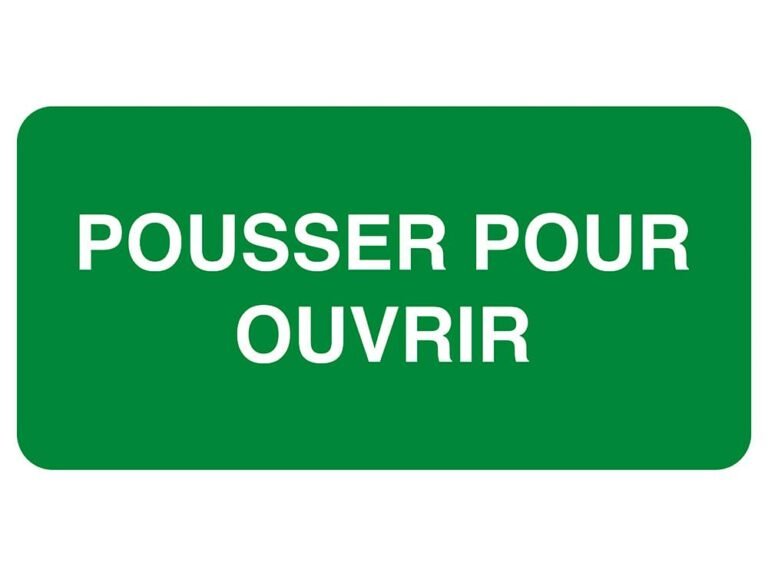se passer
The French verb “se passer” means “to happen” or “to take place.”
- Literal Meaning – To Happen:
- Example: “Qu’est-ce qui se passe ici ?” (What is happening here?)
- In this context, “se passer” is used to inquire about a situation or event.
- To Take Place:
- Example: “La réunion se passe dans la salle de conférence.” (The meeting is taking place in the conference room.)
- Here, the verb is used to describe a specific location or setting where an event is occurring.
- To Go Well or Badly:
- Example: “Tout s’est bien passé pendant l’entretien.” (Everything went well during the interview.)
- In this instance, “se passer” is used to convey the outcome or progress of an event.
Conjugation in the Present Tense:
“Se passer” is a reflexive verb, used impersonally with “il,” “ça” or “ils.” It is not used with other subjects such as je, tu, elle, etc.
- il se passe (it happens)
- ça se passe (it happens)
- ils se passent (they [those things/those events] happen)
Conjugation in the Passé Composé:
“Se passer” is a reflexive verb, used impersonally with “il,” “ça” or “ils.” It is not used with other subjects such as je, tu, elle, etc.
- il s’est passé(e) (it happened/has happened/did happen)
- ils se sont passés (they happened)
Etymology:
The verb “se passer” comes from Latin. The Latin verb “pāssus” means “step” or “pace.” Over time, this evolved into the Old French term “passer,” which originally meant “to take place” or “to come to pass.” The reflexive form, “se passer,” emerged as a way to describe “happening,” without resorting to the passive voice.






